Export to Kazakhstan ranks second in terms of import and export among other countries of the Customs Union (Belarus takes first place), with which the Russian Federation cooperates. The deal with Kazakhstan is advantageous in that it does not require the submission of any declarations to customs, that is, the duty is not paid. In addition, permission to enter goods from Kazakhstan is not required. The most attractive fact remains the opportunity to not pay value added tax.
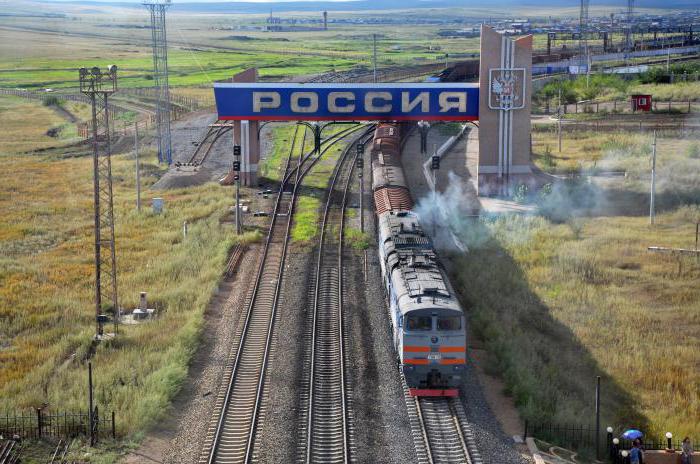
Kazakhstan Economy: Brief Description
The economy of this country is one of the largest in Central Asia. In addition, the country has a good credit and credit policy, the main task of which is to manage large flows of foreign currency.
The economy of Kazakhstan suffered heavy losses after the collapse of the USSR, which led to a decline in demand for heavy industry, but the country experienced the biggest decline in 1994. But Kazakhstan began to recover, and already revived its economic relations with Russia, China and the CIS countries, which gave an impetus to the state’s economy. Russia maintains trade with this republic, deriving considerable benefits from such a community.
Natural wealth and other features
Kazakhstan is famous for its huge reserves of oil, gas, minerals and metals. The state also has a developed agricultural sector, has steppe lands, which are suitable for livestock and grain production. The country has developed an excellent environment for growing apples and walnuts. Fertile soils and the presence of mountains in the south of the country create favorable conditions for harvesting, including in the wild.
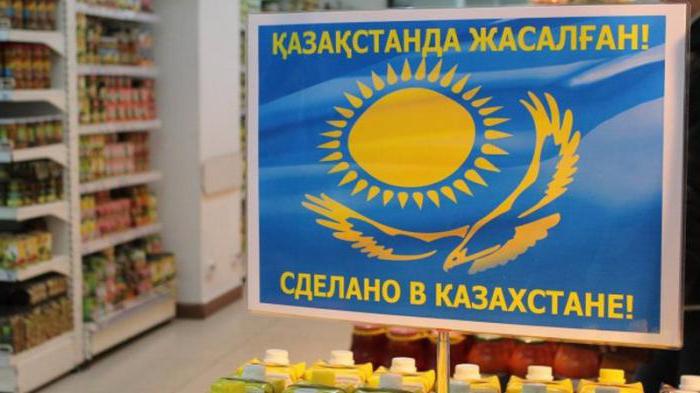
Kazakhstan has also developed a space infrastructure that enables the launch of spacecraft into space to the International Space Station.
State industry
As mentioned, the industry of Kazakhstan is quite well developed. The country's industries include:
- non-ferrous metallurgy, which produces copper, zinc, magnesium, as well as rare non-ferrous metals;
- high-quality ferrous metallurgy, most of whose products are exported (Kazakhstan ranks eighth in the world in terms of the effectiveness of this industry);
- the chemical, oil refining, and petrochemical industries, the factories of which produce plastic, chemical fibers, chromium compounds, and so on;
- a machine-building complex that manufactured blacksmith equipment, metal-cutting machines, and batteries (a new production has recently opened, which allows the production of medical equipment, diesel engines, equipment for the food industry, electric motors and other industrial and technical products; development has gone on thanks to the involvement of foreign organizations and private investors);
- manufacturing of building materials (cement, slate, soft materials for roofing, linoleum, tiles for cladding and a number of other building materials are produced);
- Kazakhstan’s agricultural industry, which is one of the main production sectors that generate budget revenues (fertile soil and favorable climatic conditions contribute to the cultivation of wheat, oats, barley and other grain crops, many industrial crops are also grown: sunflower, flax, and even tobacco; desert the country's territory is used to organize seasonal cattle pastures);
- transport is developed due to the convenient territorial location of Kazakhstan, moreover, the country has significant potential in the field of transit traffic;
- Thanks to the combination of access to natural resources, an expanded market, and the strategic geographical location of the state, the investment of financial resources is of great interest to foreign investors;
- foreign trade with Kazakhstan - export of goods (the main export items are oil, non-ferrous and ferrous metals, ores, grain crops, machinery).
The goods produced in Kazakhstan are in demand due to the developed infrastructure and favorable opportunities for production. In addition, attractive accounting conditions and payment of value added tax.
What does Kazakhstan export from Russia?
The following categories of goods are mainly exported from Russia to Kazakhstan:
- mineral fuel and oil, distillation products;
- nuclear reactors and boilers;
- equipment and mechanical devices;
- transport, which excludes railway and tram rolling stock;
- electric cars;
- plastics and plastic products;
- wood.
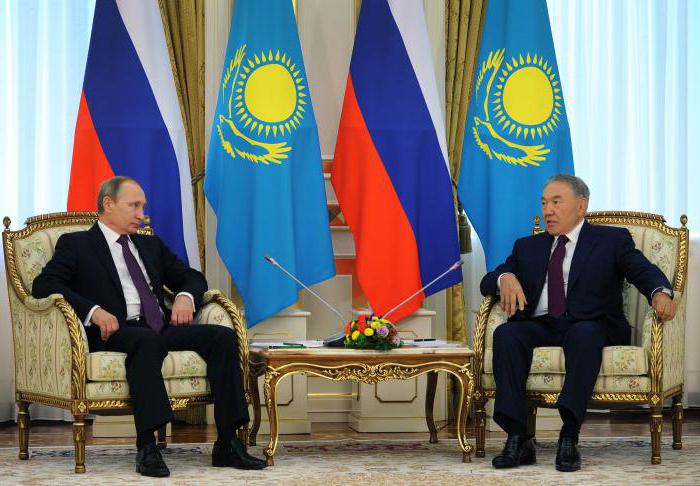
But in order to transport goods to the territory of the Russian Federation, it is imperative to comply with the basic import requirements.
Problems of export to Kazakhstan from Russia
There are many problems with the export and import of goods in the Republic of Kazakhstan. The rules for exporting to Kazakhstan from Russia remain not fully understood. Other issues include:
- lack of clear language in legislation;
- lack of a list of required documents;
- fuzzy rules regarding the movement of goods;
- the absence of the listed list of goods that are allowed to be imported and the list of prohibited exports.
Specifics of export of goods to Kazakhstan
The most important points when exporting goods:
- Due to the fact that Kazakhstan and Russia are actively cooperating, transportation is greatly simplified by the absence of the need for customs clearance. But the crossing of state borders still remains, so that certain types of goods for inspection can be selectively selected.
- Tax duties on mutual trade of allied countries are canceled due to the formation of the Customs Union. The restrictions on the quantity of goods imported into the republic have also been reduced.
- There are indirect taxes on imported products. At first glance, the system of payment and subsequent return of value added tax will seem very confusing. It is because of this that sometimes misunderstandings arise. Indirect taxes are paid as follows: the exporting organization sends the goods to the country at a zero VAT rate, which is indicated on the goods invoice - VAT = 100%; payment of this tax is made by the importer; exporter pays financial deductions for product sales.
- All goods manufactured outside the Customs Union that have been cleared at customs can be transported throughout the territory of the Customs Union.
- There is no need to draw up a certificate for the passage of goods and excludes the need for customs clearance, which applies to all groups and types of goods.
- It is worth considering that when importing products in a simplified form, you need to go through a control system, which includes: sanitary, radiological, veterinary, border, transport and phyto-control.
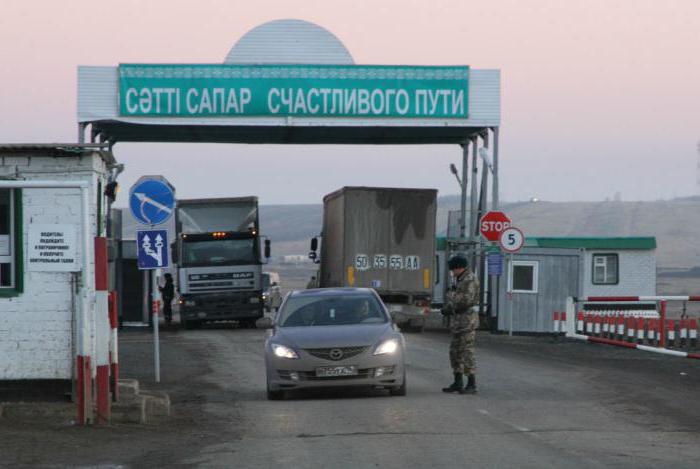
In addition, for some products, it is necessary to additionally draw up relevant certificates and documents.
Export to Kazakhstan: accounting and VAT
According to the first paragraph of the second article of the Customs Code of the Customs Union, the territory of the Republic of Belarus, the Republic of Kazakhstan and the Russian Federation comprise a single customs territory.The main documents for the taxation of goods with value added include the following laws and regulations:
- agreement between the countries of the union of January 21, 2008;
- Minutes dated 12/11/2009;
- Tax Code of the Russian Federation (including chapter twenty-one on value added tax);
Superiority among these documents is the Protocol and the Agreement.
Explanation of basic concepts and application of zero VAT rate
Based on the Agreement (the first article explains the list of basic terms), the export of goods is the export of products and equipment sold by a taxpayer from the territory of one state to another, located within the Customs Union.
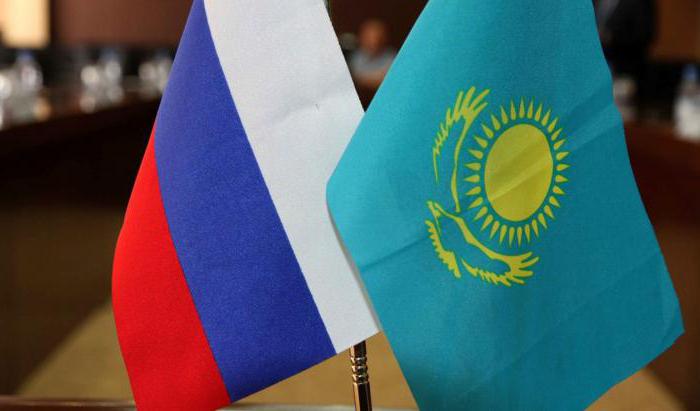
In accordance with paragraph one of Article one of the Protocol, when sending goods to another country, a zero VAT rate is applied (including for export to Kazakhstan), but only on condition that a tax return is submitted to the tax authority. To confirm this rate, use the first paragraph of the second paragraph.
List of required documents
The exporter must provide the following documents to the tax service:
- a contract or contract that takes into account changes and additions that serve as the basis for export;
- an application for the import of goods and payment of indirect tax fees, compiled according to the current form of Appendix one to the Protocol on the exchange of information on electronic media;
- transport documents that confirm the goods turnover from the Russian Federation to Kazakhstan or in the opposite direction;
- other documents confirming the legality of applying the zero VAT rate.
These documents must be submitted within one hundred eighty days from the date of shipment of goods, the starting date of which is the date of the first document in accounting. To reflect exports in accounting documents, the legislation does not provide for any features.
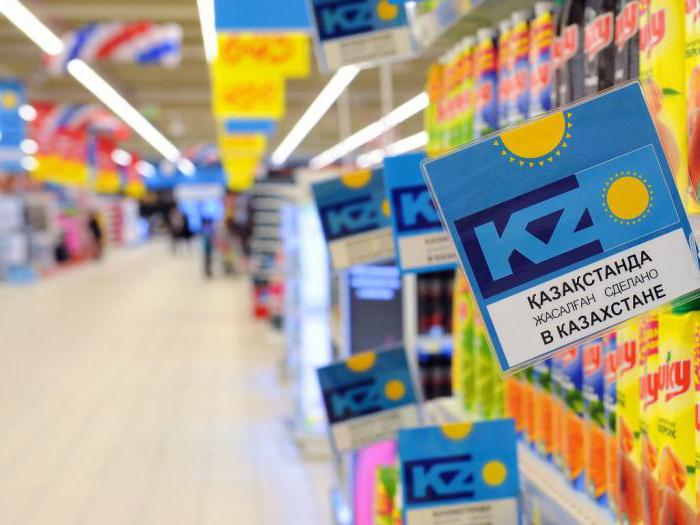
Accounting of goods exported to Kazakhstan
When the turnover takes into account the relevant accounts defined by paragraphs on accounting:
- Clause 5 of PBU 9/99 “Income of an organization” reveals that the proceeds of a sale are considered to be revenues from activities;
- Clause 5 of PBU 10/99 “Organization expenses” means expenses associated with the sale of products, including the cost of acquiring the goods;
- to summarize information on the movement of goods, the proceeds of which cannot be recognized for a certain time, the goods are debited to the account forty-five “Goods shipped”;
- if during the export of goods the ownership right to the person purchasing the goods has not yet been transferred, the shipped products in the accounting reports and other documents (for example, waybills) are debited from the account of forty-one “Goods” to the said account of forty-five;
- do not forget that there are cases when the supply contract is drawn up in such a way that prices are in a different currency, so when recording transactions in accounting, the “Asset and liability accounting ... in foreign currency” is used.
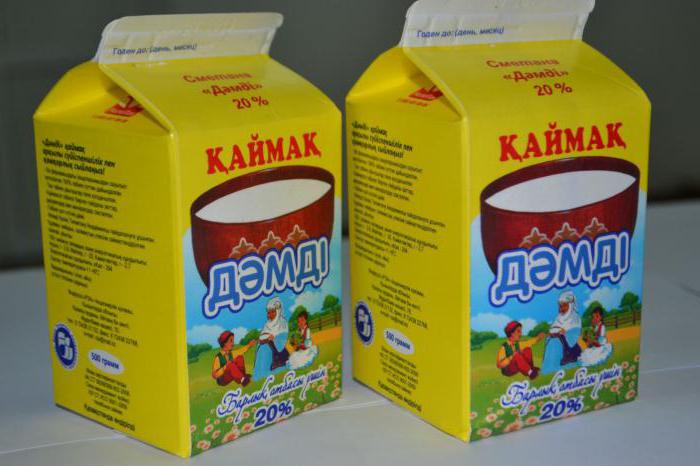
Finally
Export to Kazakhstan has many advantages and favorable conditions for businessmen from the Russian Federation, thanks to which goods are delivered to the country regularly. This benefits both Kazakhstan and Russia, directly or indirectly replenishing the budget of both states, contributing to the activation of existing and the establishment of additional relations between the member countries of the Customs Union.